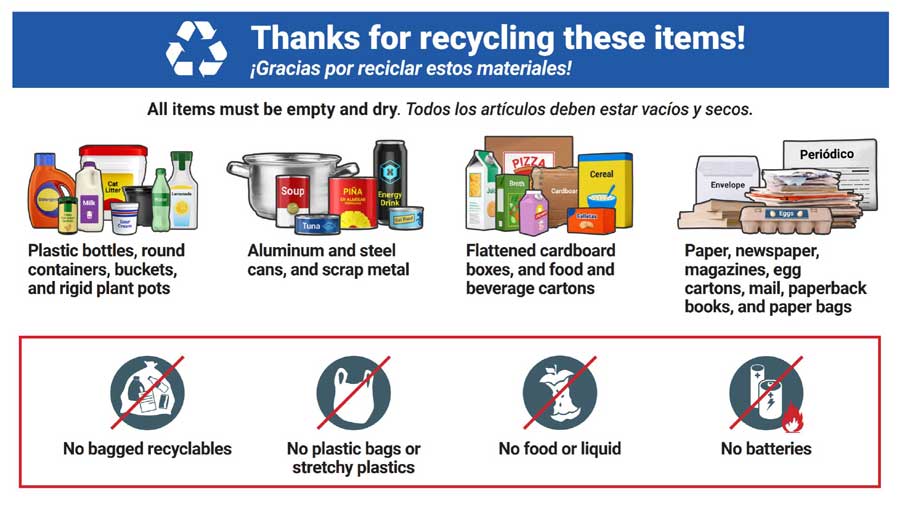OTHER VIEWS: We all must learn financial self-defense
Published 6:59 am Wednesday, March 20, 2024

- other views logo
An Astoria doctor and a retired Longview accountant are among those who recently have shown courage and community spirit by revealing they were the victims of scammers. We should all learn from their acknowledged mistakes.
Without going into specifics about those cases, common themes emerge.
• Anyone can fall prey to fraud. Lifetimes of experience, advanced degrees, undoubted intelligence and other positive attributes we usually ascribe to success do not immunize us from the devious manipulations of con artists.
• Up-to-date technology is often co-opted by criminals to aid in committing fraud. This makes it possible for callers to misidentify themselves as being from law enforcement or other government entities. It also makes it easy to insist on payments in forms of money transfers that are nearly untraceable and impossible to recover.
• Information we provide about ourselves on various social media platforms can be used to inject legitimate facts into fraudulent scenarios or even accurately guess at passwords. Criminals use online sources to learn the names of family members, local officers and other facts to lend credence to demands and pleas for money.
• Instilling a sense of fear and urgency is a frequent strategy, with fraudsters warning victims not to contact anyone — including the agency they claim to represent. These techniques are meant to isolate the victim and keep them from obtaining objective facts and guidance.
• Compassion, greed, guilt and other common motivations and frailties are all called upon in various setups. Manipulation takes many forms, not all of which are immediately recognizable.
• As rampant as fraud is — and probably has always been — it is likely to be under-reported because of embarrassment and shame. This makes it more likely that others will also be victimized.
A computer search for “avoiding scams” will turn up literally millions of pages of valid guidance. But all the great advice in the world is worthless if we don’t build these lessons into our local daily lives.
Here are some especially helpful points experts make:
• Calls claiming to be police in order to collect money or issue warrants should be reported to local law enforcement. People can — and should — always call the cops to confirm if they aren’t sure about any situation.
• Stop and take some time to think. Check out whether a request for payment is genuine. Remember: a legitimate company or government department will never bully you to make a payment. Google the person or company you’re about to pay and look for any reviews. Talk to someone you trust and get their opinion. If the payment is part of a scam, there’s very little chance you’ll get the money back.
• Don’t trust unexpected contacts. Scams most often come through cold contact, for example an unexpected phone call or email.
• Reserve the right to be impolite. It’s OK to say no outright if you have a bad feeling about something. You’re under no obligation to speak to anybody. It’s OK to hang up and block calls if you become suspicious, or if someone is being pushy.
• As always, if a promised financial return seems too good to be true, walk away.
• Speak up if you suspect a family member, customer or anyone else is being victimized. We need to watch out for one another.
Tricking others out of hard-earned money is one of the world’s oldest professions. We can avoid being fooled by being conscious of common scams and practicing the proven ways to foil them. This is likely to become more important as artificial intelligence increases the likelihood that voices can be mimicked and personal details ferreted out.
Financial self-defense is an essential skill and becoming ever more so.










